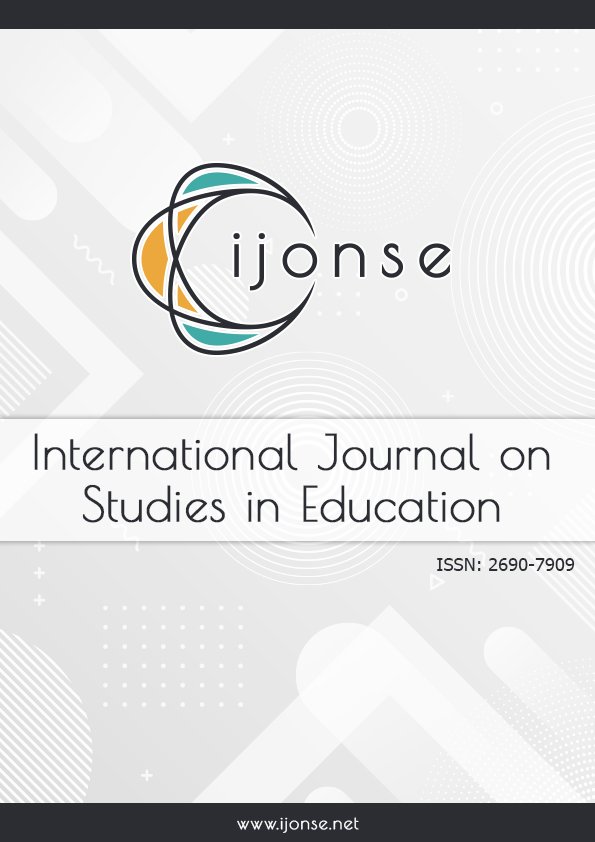A Study on the Perceptions of EFL Students towards Using the Cambridge Unlock Classroom App
DOI:
https://doi.org/10.46328/ijonse.92Keywords:
Cambridge, English classroom, Learning skills, Mobile apps, MotivationAbstract
This paper deals with the importance of integrating Cambridge Classroom App in the classroom. The researchers based the idea of the study upon the newly published second edition of Unlock Series titled Reading, Writing, and Critical Thinking alongside Listening and Speaking and Critical thinking. Side by side with the online Cambridge accounts, students should download a mobile application known as “Cambridge Pocket”, which is easily accessible by students via App store and Android systems. In fact, this paper aims at analysing the attitudes of Birzeit University students towards the integrated mobile application within their English language curriculum (Cambridge Unlock). It precisely reveals important findings concerning how responsively, emotionally, motivationally and educationally this application works. All such hypotheses and questions have been clarified quantitatively and qualitatively. To achieve this purpose, 120 students were randomly selected from Unlock B1.2., Intermediate English and given a questionnaire. Concerning the qualitative data, it has been sought by analysing students’ responses to a set of open-ended questions within the questionnaire in order to reflect on their experience with the second edition of Unlock Books. Hence, this research shows the importance of integrating such apps within the English language classroom.References
Zaid, M., & Shehada, S. (2022). A study on the perceptions of EFL students towards using the Cambridge Unlock Classroom App. International Journal on Studies in Education (IJonSE), 4(2), 141-154. https://doi.org/10.46328/ijonse.92
Downloads
Additional Files
Published
Issue
Section
License
Articles may be used for research, teaching, and private study purposes. Authors alone are responsible for the contents of their articles. The journal owns the copyright of the articles. The publisher shall not be liable for any loss, actions, claims, proceedings, demand, or costs or damages whatsoever or howsoever caused arising directly or indirectly in connection with or arising out of the use of the research material.
The author(s) of a manuscript agree that if the manuscript is accepted for publication in the International Journal on Studies in Education (IJonSE), the published article will be copyrighted using a Creative Commons “Attribution 4.0 International” license. This license allows others to freely copy, distribute, and display the copyrighted work, and derivative works based upon it, under certain specified conditions.
Authors are responsible for obtaining written permission to include any images or artwork for which they do not hold copyright in their articles, or to adapt any such images or artwork for inclusion in their articles. The copyright holder must be made explicitly aware that the image(s) or artwork will be made freely available online as part of the article under a Creative Commons “Attribution 4.0 International” license.

This work is licensed under a Creative Commons Attribution-NonCommercial-ShareAlike 4.0 International License.





